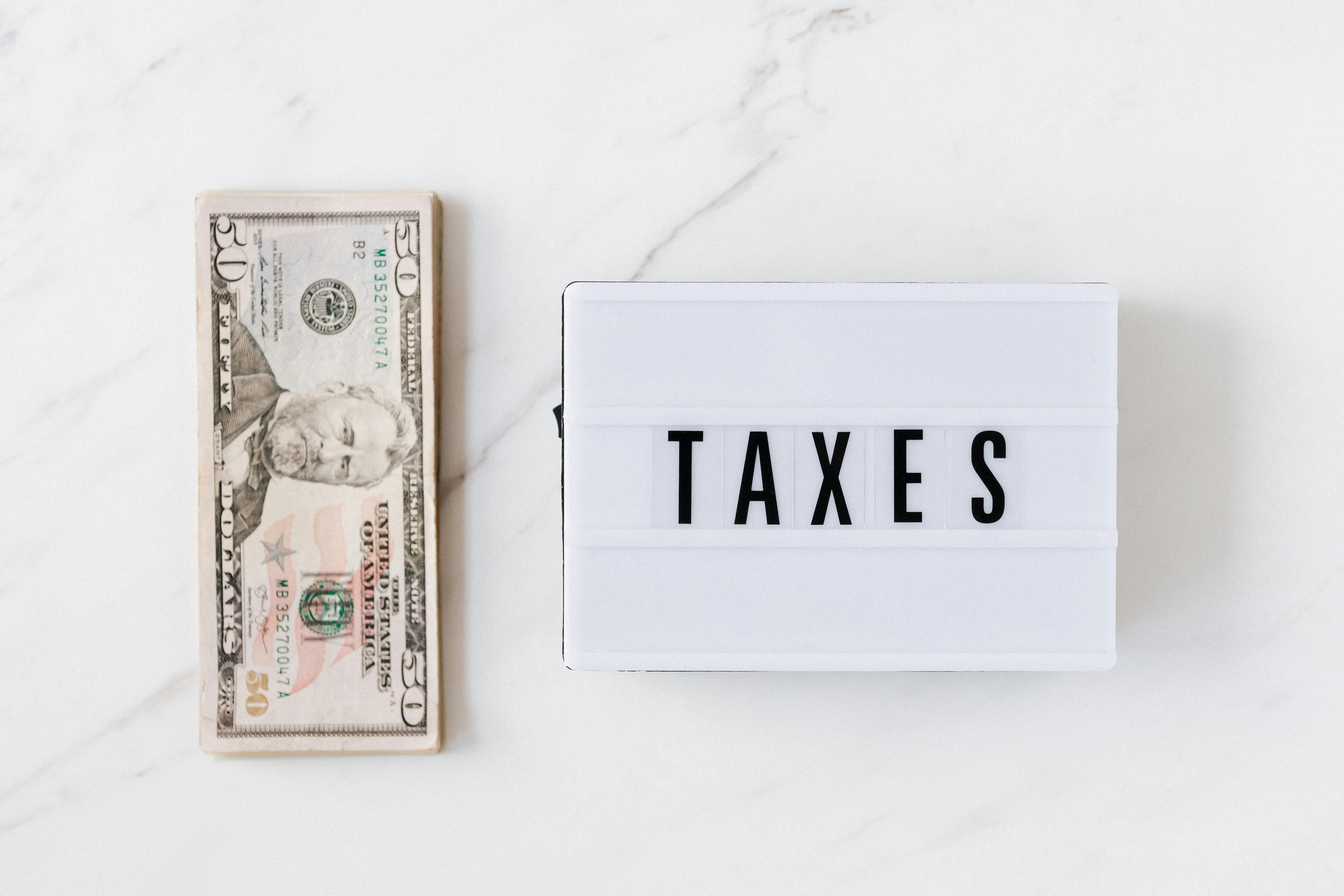Getting into real estate is exciting—and for good reason. It can build long-term wealth, generate passive income, and give you real control over your financial future. But early mistakes can be expensive, and many are completely avoidable if you know what to look out for.
Here are some of the most common (and costly) mistakes I see new investors make—and how to steer clear of them.
1. Underestimating CapEx Costs
A fresh coat of paint won’t fix a 25-year-old boiler or rusted-out cast iron drain line.
New investors often overlook big-ticket capital expenses—things like roofs, plumbing systems, heating equipment, or knob-and-tube wiring. These don’t show up every month, but when they do, they can wipe out a year of cash flow.
How to avoid it:
Do a thorough walkthrough with a contractor or inspector who understands rental property risks. Budget for replacement—not just repairs—of major systems over a 5–10 year period.
2. Underestimating Insurance Costs
It’s easy to throw a $1,200/year placeholder into your underwriting. But that doesn’t cut it—especially for multifamily buildings, older homes, or properties with unique risk factors.
How to avoid it:
Get a real quote. It’s fast, easy, and can expose issues with flood zones, roof age, or coverage limits that you hadn’t considered.
3. Trying to Do Everything Themselves
Managing tenants, screening contractors, pulling permits, and doing bookkeeping solo? It's a fast track to burnout—and mistakes.
How to avoid it:
Invest in your team early. Before you buy, line up:
- A GC or trusted handyman
- A real estate-focused CPA
- A local attorney familiar with landlord-tenant law
- A responsive property manager (or a plan if you’re self-managing)
4. Skipping the Numbers
Excitement can make new investors fudge numbers to “make the deal work.” But real estate is math. Hope isn’t a strategy.
How to avoid it:
Stick to conservative assumptions—especially for rent, vacancy, and repair costs. Stress-test your deal with higher interest rates or longer vacancies. If the deal still works, you’ve got a winner.
5. Not Knowing the Local Market
Just because a deal “looks cheap” doesn’t mean it’s profitable. Every market (and submarket) is different—what works in one zip code might fail in the next.
How to avoid it:
Understand local rent demand, tenant base, zoning issues, and property taxes. Talk to local investors or agents, or better yet—drive the neighborhood. Often.
6. Not Setting Aside Reserves
Unexpected costs are inevitable—especially in your first year. Without cash reserves, you’re one broken water heater away from negative cash flow.
How to avoid it:
Budget for CapEx, maintenance, and vacancy—and actually set that money aside. A good rule of thumb: at least 3–6 months of expenses per property.
7. Falling in Love with the Property
This one’s simple: It’s not your dream home. It’s an investment.
How to avoid it:
Let the numbers drive the decision. If the property doesn’t cash flow or align with your strategy, move on—no matter how charming the porch is.
Final Thoughts
Real estate investing can absolutely change your life—but only if you approach it like a business. Budget conservatively. Get real quotes. Build your team before you need them. And remember: avoiding a bad deal is just as valuable as finding a good one.



